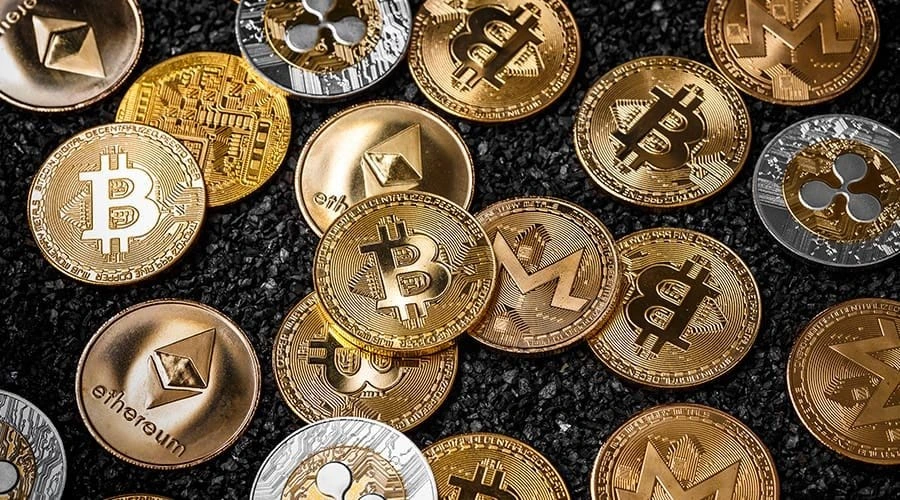PROTECT YOUR DNA WITH QUANTUM TECHNOLOGY
Orgo-Life the new way to the future Advertising by AdpathwayBrazil moved up four places in the most recent global competitiveness rankings, now standing at 58th out of 69 economies. This result comes from the IMD World Competitiveness Center and reflects a mix of positive short-term trends and long-standing structural problems.
The country’s economy grew by 3.6% in 2024, meeting government targets and attracting nearly US$66 billion in foreign direct investment. Sectors like agribusiness and mining continue to drive export growth, while manufacturing output and job creation improved last year.
Despite these gains, Brazil still faces deep challenges that limit its competitiveness. The country’s education system ranks among the lowest in international assessments, with students scoring well below the OECD average in math.
Technical training and language skills remain weak, making it harder for businesses to find qualified workers. Borrowing costs are high, with the central bank’s benchmark interest rate at 10.75% and business loans often exceeding 25% per year.
Companies also struggle with a complex tax system and unpredictable regulations, which raise costs and discourage investment. Brazil’s industrial sector, while showing some recovery, still produces 15.6% less than before the pandemic.
 Brazil’s Competitiveness: Modest Gains, Persistent Challenges. (Photo Internet reproduction)
Brazil’s Competitiveness: Modest Gains, Persistent Challenges. (Photo Internet reproduction)Infrastructure problems, such as inefficient ports and poor roads, slow down trade and increase costs for exporters. The country’s business environment remains uncertain, and many investors wait for clearer signs of structural reform and fiscal discipline.
Inflation is expected to rise to 5.5% in 2025, putting further pressure on household budgets and business margins. On the positive side, Brazil’s financial markets are deepening, attracting new sources of capital and foreign venture funds.
The country leads the expanded BRICS bloc, which could open new opportunities for trade and investment. Brazil’s energy mix is among the cleanest in the world, with a strong share of renewables, but the country still relies heavily on commodity exports and lags in adopting new technologies.
The story behind these figures is clear: Brazil has the resources and market size to become more competitive, but progress depends on tackling education, infrastructure, and regulatory issues. Without major reforms, recent gains may not last.
For investors and businesses, Brazil offers both promise and risk, with success hinging on the country’s ability to address its persistent weaknesses while building on its strengths.


 3 weeks ago
5
3 weeks ago
5










 English (US) ·
English (US) ·  French (CA) ·
French (CA) ·  French (FR) ·
French (FR) ·